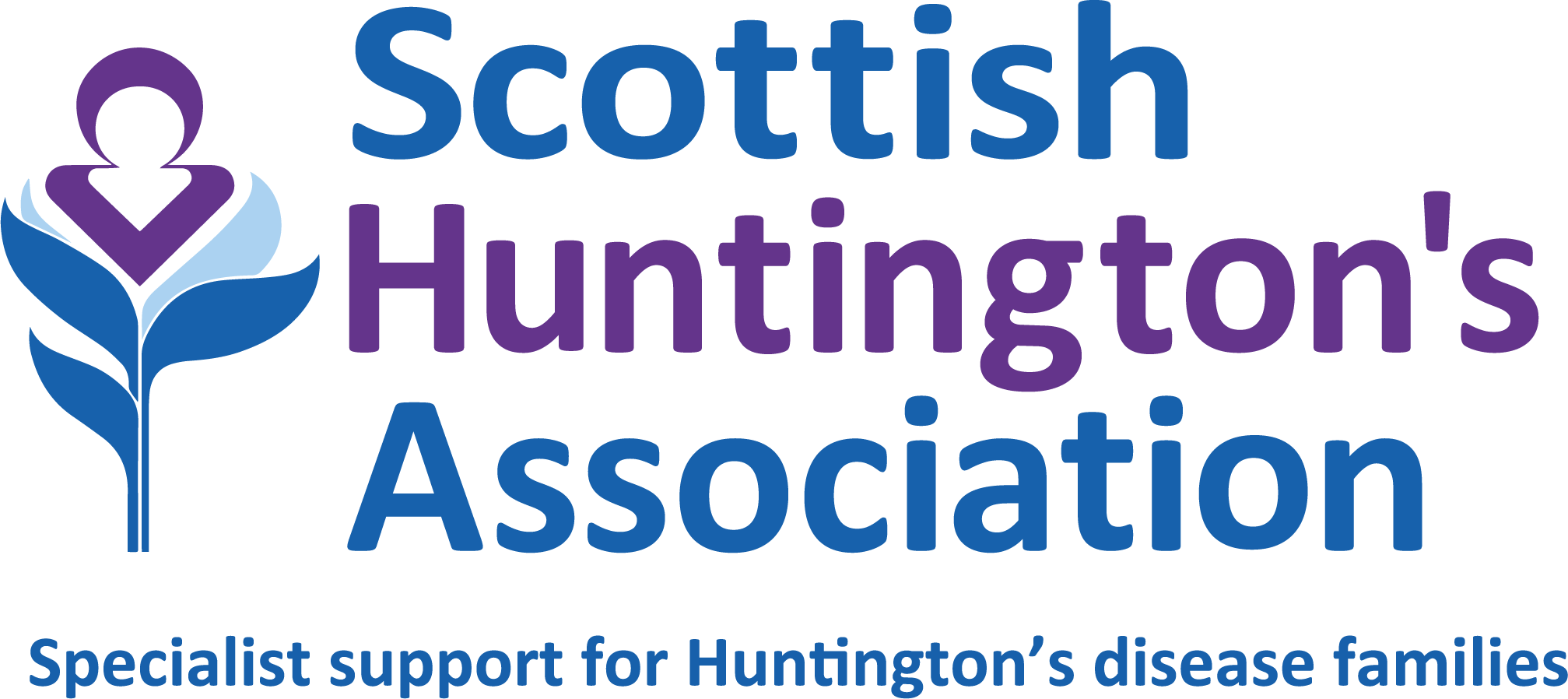
Scottish Huntington's Association
Select the event you would like to run in
Did you know Scottish Huntington's Association (SHA) is the only charity in Scotland dedicated to supporting people impacted by Huntington's Disease?
Huntington’s disease is caused by an inherited faulty gene that damages the brain over time. People with the disease can eventually lose the ability to walk, talk, eat, drink and care for themselves, requiring specialist support from those who understand the condition.
The disease is genetic, meaning it is passed down from one generation to the next. It therefore impacts entire families over generations rather than individuals alone. Anyone with a parent who has Huntington’s disease has a 50% risk of inheriting the condition from them.
Generally speaking, symptoms begin to develop between the ages of 30 and 50 and can take between 10 and 25 years from starting until the end of life. However, each case of Huntington’s disease is unique and can vary dramatically, both in terms of age of onset, speed of advance and range of symptoms.
Around 800 people in Scotland are living with the symptoms of Huntington’s disease right now. A further 3,200 are estimated to be at risk of developing Huntington’s disease as a result of inheriting the faulty gene. In around 5-10% of cases Huntington’s symptoms develop before the age of 21. This is known as Juvenile onset Huntington’s disease (JoHD).
Run in aid of Scottish Huntington's Association and help us reach families across Scotland impacted by Huntington's disease, ensuring they get the essential and specialist support they need to face this devastating disease.
Specialist services – providing assessment, coordinating care, symptom management advice and advocacy.
Financial wellbeing support - providing income maximisation advice, debt management advice, future planning and support to access financial products.
Youth services - 1-2-1 and group support that reduces isolation, helps young carers and improves their mental health and wellbeing.